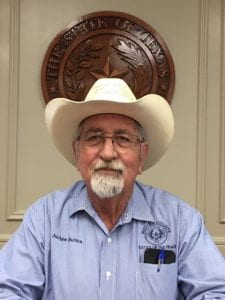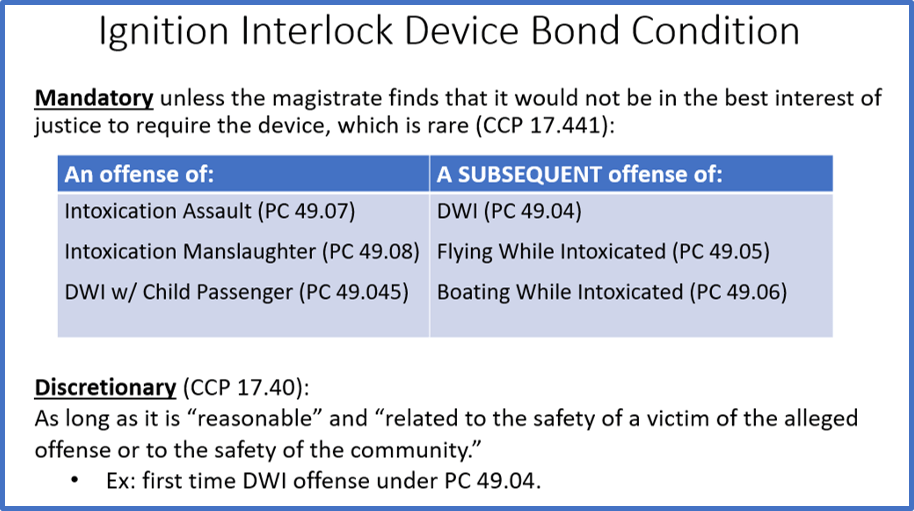We are rolling out a new “Spotlight” series on our blog. Each month, we will post an interview of someone from a justice court or constable office. Here is our first one!
Judge Clyde “Bubba” Howse
Justice of the Peace, Medina County Precinct 3

- Tell us a bit about your background.
I was born and raised in the Air Force. I was born at Ft. Clayton, Panama Canal Zone. I have lived in Panama, France, Germany, Belgium, Switzerland, Alabama, Georgia, Louisiana, Tennessee and Texas. I graduated from Winston Churchill High School in San Antonio, Texas. After almost two years at the University of Corpus Christi, I worked in the oil field. When the oil field shut down, I moved to Sherman, Texas where I was the Golf Course Superintendent at the Grayson County Golf Course for 9 years. I took some Turf Science and Pest Control classes at the Golf Course and I was asked to apply to be an Investigator for the Texas Pest Control Board and EPA. I received that job and covered 27 counties in the East Texas area. There were some big changes in the Texas Pest Control Board and EPA, so I went to work for the Grayson County Sheriff’s Office in the Jail. While on vacation in Hondo, Texas I visited with the Sheriff of Medina County and then moved to Medina County and worked with the Medina County Sheriff’s Office as a Jailer and Animal Control Officer for 7 years.
- What made you decide to become a Judge?
I have been very interested in Law Enforcement and the Law for many years. I was getting a warrant for an animal seizure from Judge George Ernst, Justice of the Peace Pct. 3, and he told me that he would be retiring after 28 years in office and told me I should run for his office. After much prayer, I ran and won. I took office January 2011 and I am on my third term.
- What is something innovative, interesting, or fun your office does?
The four Justice of the Peace offices (Clerks and Judges) in Medina County have a quarterly meeting to discuss office issues, law changes, and how to handle these changes. We invite other offices that might be involved with these same issues or changes. We have had conversations about Mental Health and Magistration, Inquests, Courtesy Letters, and Video Magistration, to name a few. We have had Rebecca Glisan from TJCTC come and talk about the Bond Conditions on DWI Magistration. We have invited Pretrial Services, the Department of Public Safety, the Medina County Sheriff’s Office, jail staff, deputies, Net Data (JP software), MVBA ( collection agency), the Chief of Police from the towns in Medina County, MHDD (Mental Health staff), the County Judge, the Auditor, and other elected officials to come to these meetings and be a part of our conversation. These are informal meetings where everyone can voice their opinions. They are very good trainings and informative meetings.
- What is the best part about your job?
The best part of my job is the people I work with. I have the best clerks in the state. I am blessed to have a good working relationship with the other JPs and their clerks. We have good county officials to work with. I enjoy serving the people of Medina County.




